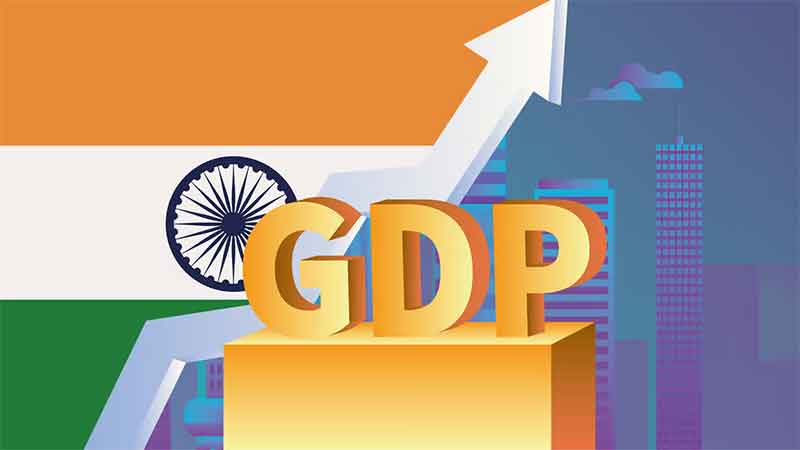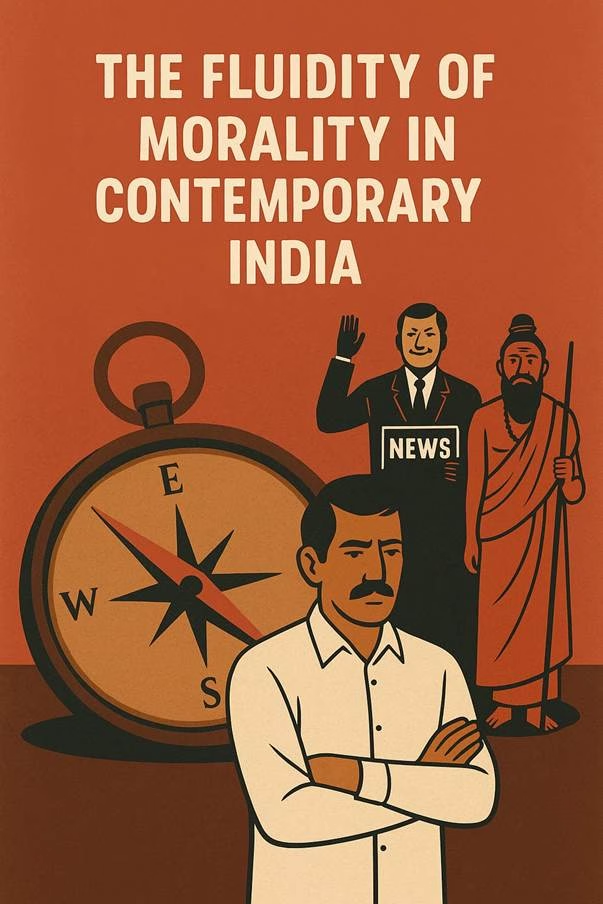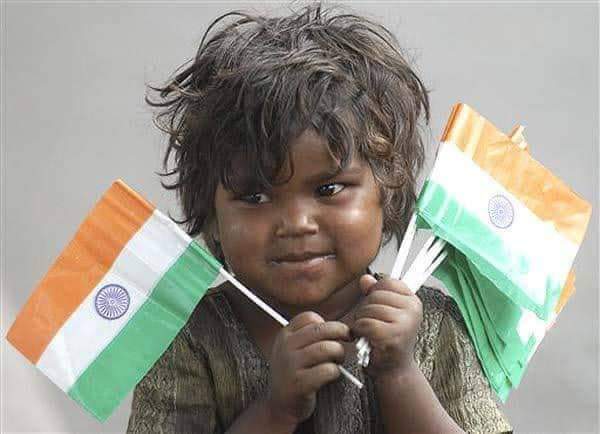
“When governance becomes gratitude, democracy becomes a deal.”
The democratic mandate of India was conceived as a moral agreement between citizens and their representatives, guided by constitutional principles of justice, equality, and inclusivity. A perilous divergence is occurring: the public mandate is being eroded and supplanted by a politics of personal clientele, where governance is influenced not by accountability to the populace, but by loyalty from politically constructed identities. This is not only administrative negligence; it represents a profound crisis of political ethics. Electoral legitimacy is being disconnected from ethical government. The outcome is a transmutation of the state into a mechanism of selective empowerment, wherein voters are galvanised by ethnicity, religion, caste, and regional allegiance, functioning not as citizens but as exclusive beneficiaries of political authority.
Political Governance without Political Morality
The political leadership in India, both at the national level and in various states, appears to be deviating from established principles of democratic ethics. Authority is progressively concentrated among a select few, as obscurity supplants clarity, and persuasive language eclipses thoughtful discussion. Whereas political accountability previously entailed responding to institutional oversight, it has now evolved predominantly into the management of public perception, the stifling of opposition, and the display of populist achievements. What lies obscured is the fundamental principle of governance; to serve the collective, rather than to favour a select few. This ethical decline is evident in state capitals as well. In Telangana, the Dalit Bandhu scheme provides substantial financial assistance; however, the selective nature of its disbursement prompts enquiries into the strategic management of voter demographics. In a similar vein, the welfare targeting in Jharkhand frequently aligns with tribal and non-tribal divisions, thereby perpetuating identity-based favouritism instead of tackling underlying structural inequalities.
The Rise of Personal Clients over Inclusive Citizens
The rise of identity politics as a tactical approach instead of a fundamental requirement for representation has resulted in a landscape characterised by division. Contemporary personal clients transcend mere loyalty; they represent meticulously curated groups defined by ethnicity, religion, or region, upheld by specific advantages and selective enticements. The employment of Hindu nationalism within the Hindi belt, alongside the appeal to regional pride in southern states, transcends mere electoral aspirations. It reinterprets the concept of nationhood in a manner that excludes, thereby sidelining dissenting perspectives, minority groups, and those with varied ideological beliefs. This redefinition propels the advancement of individualised governance while simultaneously eroding the foundations of pluralistic citizenship. The National Family Health Survey (NFHS-5) and National Data Analytics Platform (NDAP) indicate that disparities in access to welfare persist markedly along caste and religious lines. Rather than addressing these inequities, political entities are leveraging them for the purposes of electoral segmentation.
Digital Tools, Disinformation, and a Manufactured Consent
The digitalisation of government, once a means to enhance openness, is increasingly being exploited for political monitoring and manipulation. Social assistance programs are progressively connected to Aadhaar, mobile phones, and DBT-associated applications; nevertheless, these instruments also serve as means for profiling, exclusion, and the dissemination of disinformation. Carnegie India research (2022), indicates that political parties are significantly spending in AI-driven voter profiling, WhatsApp-based micro-targeting, and digital message discipline. The inundation of misinformation and selective messages stifles reasonable discourse, substituting it with emotive, divisive content. Consequently, citizenship is diminishing into identity-centric subscription frameworks, individuals are incentivised not for their citizenship, but for their allegiance as digital participants inside a political network.
Institutional Decay and the Silence of the Constitutional Guardians
The Global Democracy Index score for India in 2023 categorises it as a flawed democracy, highlighting the decline in the independence of its institutions. Governors function as political representatives; the civil service is becoming more entwined with political agendas; and institutions of higher learning and media outlets are anticipated to align with prevailing norms or encounter repercussions. Where can one find the constitutional morality that Ambedkar envisioned? The framework of accountability has taken on a performative character, Election Commissions remain silent during critical moments, judicial responses are often sluggish or disjointed, and civil society frequently faces criminalisation.
The Path Forward:
The remedy for this insidious patrimonialism lies in the principles of radical inclusion and the practice of ethical leadership. Individuals must strive to avoid being diminished to mere consumers or labels of identity. Political parties ought to embrace a return to ideological clarity, foster inner-party democracy, and ensure transparency in their funding practices. It is imperative that we allocate resources not solely to digital infrastructure, but also to the foundational elements of democracy: autonomous institutions, strengthened local governance, and a watchful media. The genuine measure of nationalism lies not in uniformity, but in our commitment to safeguarding the most vulnerable and embracing those who are often marginalised. In 1950, we asserted our identity as We, the people. In 2024, we ought to ponder: Are we still participants in a republic, or have we devolved into individual clients within a fragmented nation? The resolution will influence not only our political landscape but also the fundamental essence of India’s democratic ethos.
Subscribe to Our Newsletter
Get the latest CounterCurrents updates delivered straight to your inbox.
Dr Khwaja Md Afroz, is Researcher & faculty in the Department of Political Science, MANUU, Hyderabad. His areas of expertise are Federalism, Governance, Nation-building, Digital Democracy and Contemporary politics. Contact: [email protected] X follow– @khwajaafrozsidd
Dr Md Tabrez Alam, is a Technical Consultant-KM at Centre for Child Rights, NUSRL, Ranchi. His Expertise are on Urban Residential segregation, Discrimination & marginalization, and social work interventions. He can be reached at [email protected] and tweets @ktabrezshams.















































